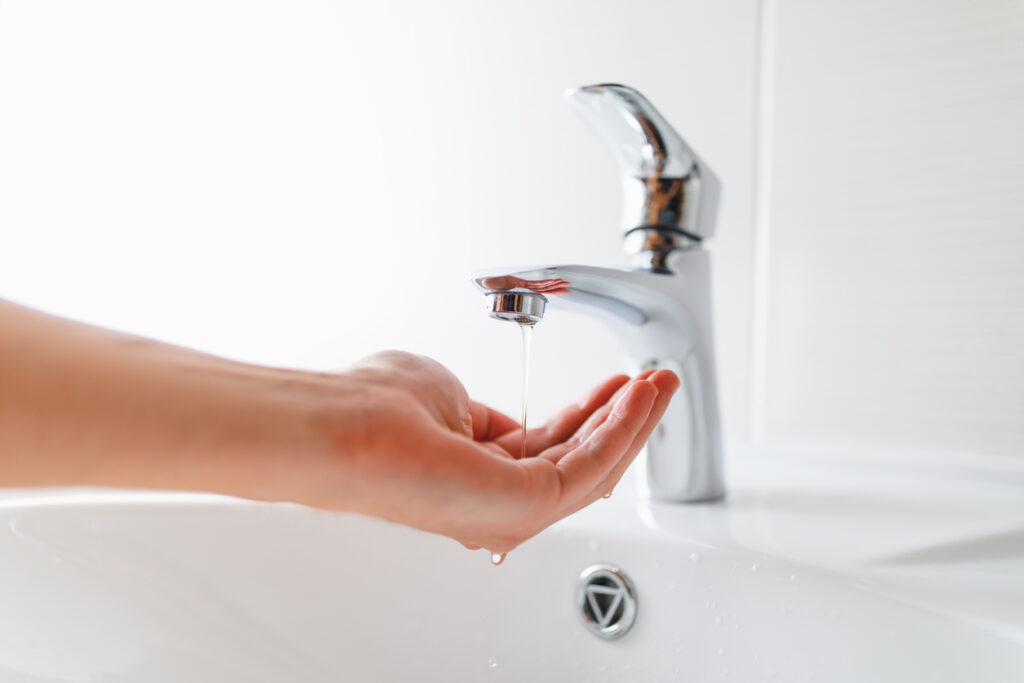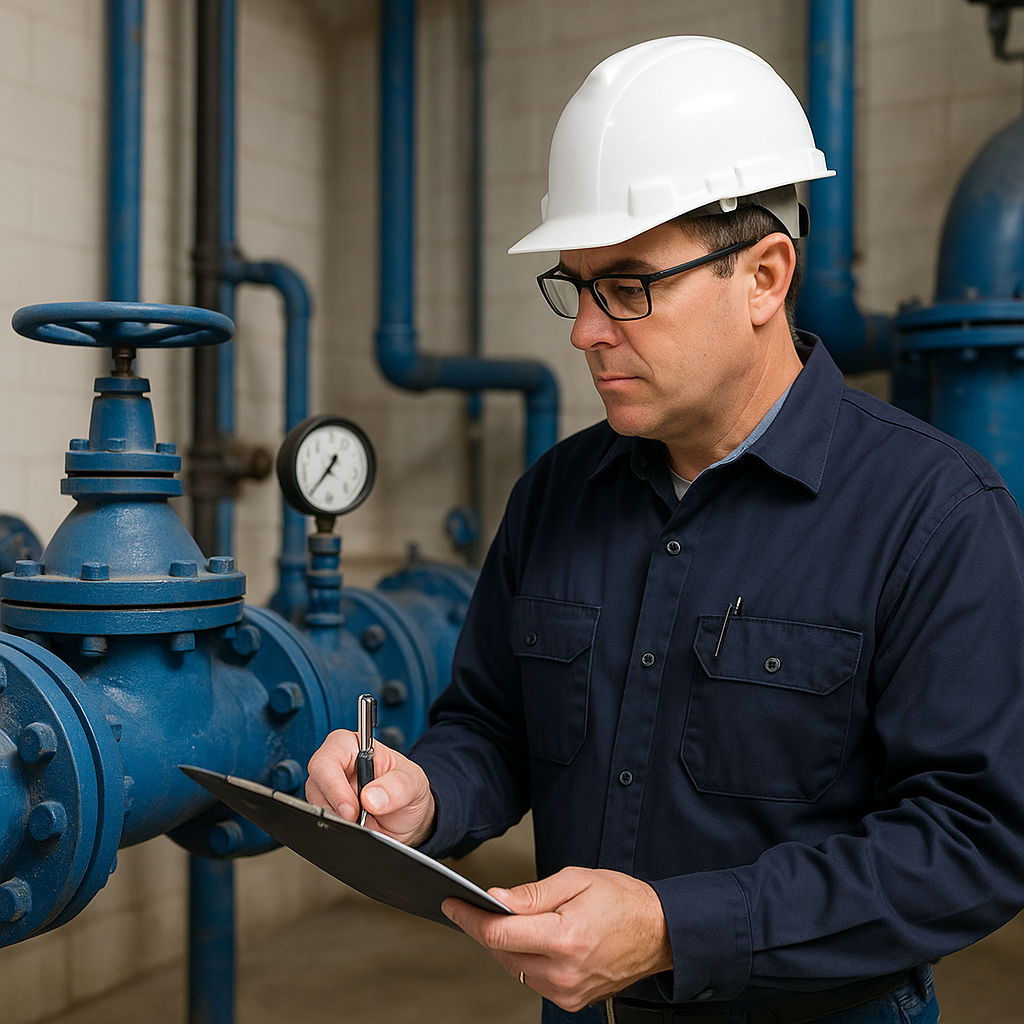How to Install a Water Softener

How to Install a Water Softener
One way to care for yourself and your home is by installing a water softener. Instead of having to stock up on moisturizer or worry about more frequent maintenance for your water-sourcing appliances, a water softener helps remedy these concerns and many more. In considering the addition of a water softener to their water systems, homeowners often wonder:
- What is a water softener
- How does a water softener work
- How to install a water softener
- How to use a water softener
Keep reading to learn more about water softener installation, uses and more!
What is a water softener?
A water softener offers a solution for your home’s hard water. Why might residents need one? In terms of personal care, hard water sometimes results in dry skin and hair. Elsewhere in the home, this water quality may cause mineral deposits to build up in pipes, impact appliance operation and lifespan or make clean dishes and bathroom fixtures look dirty.
How is a water softener installed?
Typically, the water softener unit is located near where water enters your home, whether that’s from a pressure tank in your well system or other water entry point. It will also have to be close to an outlet and a drain. Since it will be integrated into your existing water system, a water softener installation is best left to the professional water service specialist near you. In addition to helping you choose the right water softener unit for your home, these experts ensure safe and efficient installation of a system that may include dual tank components. Additionally, they can provide guidance about ongoing maintenance for water softener operations or recommendations for a service schedule.
How can I prepare for a water softener installation?
For initial installation as well as ongoing system maintenance, clear the intended placement area for your water softener of any clutter. Be sure that locations like water entry points and electrical outlets are easy to access. It may also be helpful to remove any items that interfere with the pathway to the water softener area. For example, if you are storing items in the basement, move seasonal decorations or furniture into a different part of the room. This effort will make it easier for water technicians to perform the necessary installation and to show you what you need to know about the system, once it has been installed.
How does a water softener work?
How a water softener works is similar to how other water filtration units operate. Essentially, water is passed through a unit in order to remove undesirable elements, which are impacting water quality. Unlike a reverse osmosis system that uses pressure and a semi-permeable membrane to remove contaminants, hard water passes through resin media to remove the minerals that cause hard water.
What should I know about how to use water softeners?
Once a water softener is installed, how to use water softeners is fairly easy, as the process happens automatically when water moves through it. Homeowners primarily need to monitor water softeners to ensure that they work properly, as well as regenerate them and clean them as per the system recommendations.
What other water system additions complement a water softener?
Residents may be aware of their hard water due to common signs, such as seeing spots on drinking glasses or water that has an unusual smell or taste. However, hard water may also be discovered through water testing. In addition to the recommendation for a water softener, whole-house filtration systems are another option to help address a wide range of water quality concerns, as well as water taste. If the unpleasant smell of your water is caused by other issues, like a lot of iron, EVS Odor Control offers a remedy. Before you think about how to install a water softener, it can be very helpful to have professional, comprehensive water testing performed. Then, you can work with your local water experts, such as the Aqua Pump Company, to determine the right water system and supply solutions for your home.
Is a water softener necessary for safe water in the home?
Even though hard water isn’t known to pose the same safety risks as various pollutants, it can cause ongoing irritation for skin or damage hair, according to Healthline. Additionally, continuous exposure to hard water increases potential concerns for plumbing and appliance lifespan, as well as maintenance needs.
Serving all of Connecticut as well as western Massachusetts, the Aqua Pump Company offers a wide range of water services, including water testing, water filtration and conditioning, well repair and maintenance and more! Our team also offers 24-hour emergency service on every day of the year. For questions about how to use water softeners or requests for one of our many water and well services, contact us today!


